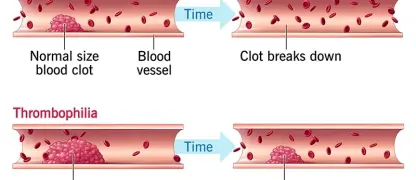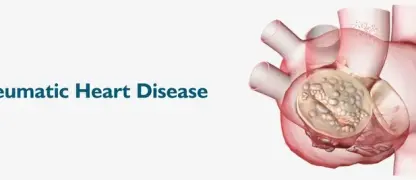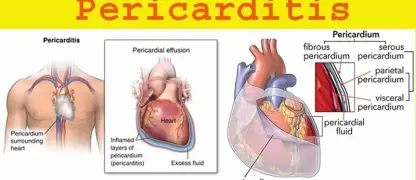Shortness of breath or leg swelling could be more than aging. Understanding the early signs of heart failure is crucial for timely intervention and a better life. Don't ignore what your body might be telling you.
What are the main causes of Heart Failure?
- What is heart failure? It occurs when the heart muscle is weakened or stiff, often due to coronary artery disease or a past heart attack.
- Chronic conditions like high blood pressure and diabetes are major contributors, as they force the heart to work harder over many years.
- There are different types of heart failure, like systolic (pumping problem) and diastolic (filling problem), each with varied underlying causes.

Key symptoms of Heart Failure to watch for
- Key heart failure symptoms include persistent shortness of breath during activity or when lying down, which may disrupt your sleep.
- Congestive heart failure leads to fluid buildup, causing swelling in the legs and abdomen, and sometimes rapid, unexplained weight gain.
- Chronic fatigue, a rapid or irregular heartbeat, and a persistent cough or wheezing with white or pink phlegm are also important signs.
How can you prevent or manage Heart Failure?
- Prevention means managing risk factors like high blood pressure, cholesterol, and diabetes, and not smoking to protect your heart health.
- Heart failure treatment aims to manage symptoms across the stages of heart failure with medications, diet changes, and medical devices.
- Adhering to your treatment plan and monitoring symptoms daily are crucial for improving your heart failure life expectancy and overall well-being.
>>> Read more here: Mast cell activation syndrome – symptoms and treatment
Congestive heart failure symptoms
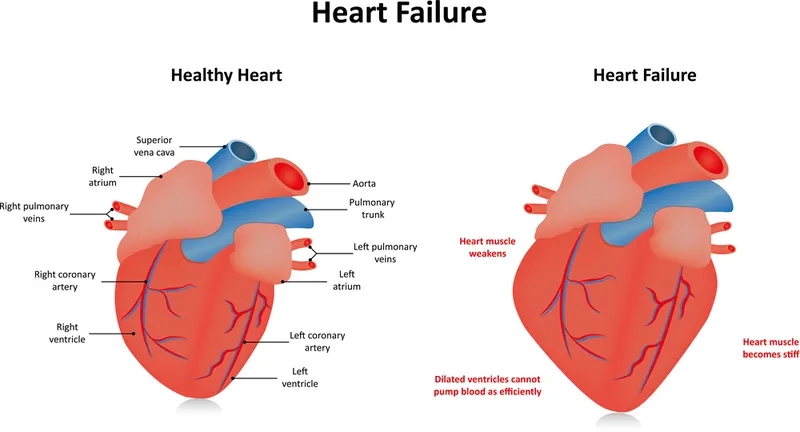

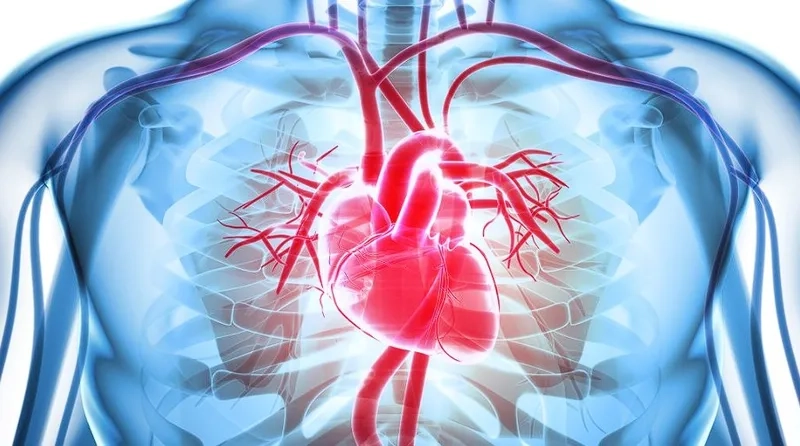



>>> Learn now: Postural orthostatic tachycardia syndrome – signs and care
Heart failure is a serious condition, but modern treatments can improve your outlook. If you experience any signs, consult your doctor immediately for a diagnosis.
>>> Related articles: Coronary artery disease – causes, risks and treatments



